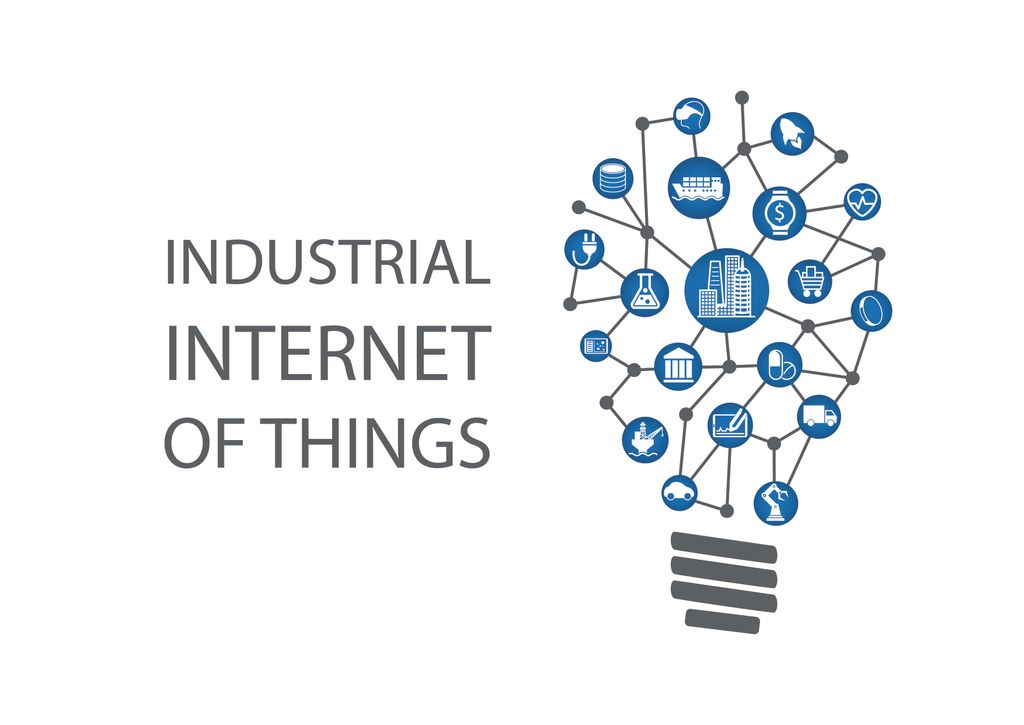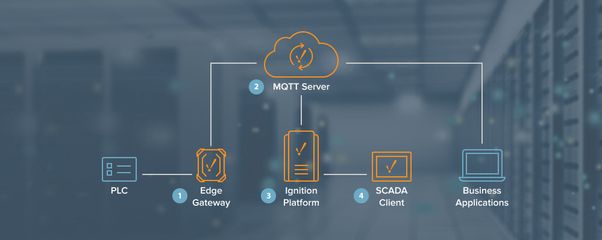Industrial Internet Of Things
May 22, 2019 • 165 views
The IIoT is part of a larger concept known as the Internet of Things (IoT). As you know that the IoT is a network of intelligent computers, devices, and objects which collect and share huge amounts of data. The data after collection is then sent to a central Cloud-based service where it is aggregated with other data and then shared with end users in a helpful way. In near future, the IoT will increase automation in homes, schools, stores, and in many industries.

The application of the IoT in the manufacturing industry is said the IIoT (or Industrial Internet or Industry 4.0). The (Industrial Internet of Things)IIoT will revolutionize manufacturing by enabling the acquisition and accessibility of far greater amounts of data, at far greater speeds, and far more efficiently than before. A large number of innovative companies have started to implement the concept IIoT by leveraging intelligent, connected devices in their factories.

What are the Benefits of IIoT?
The Industrial Internet of Things (IIoT) can greatly improve connectivity, efficiency, scalability, time savings, and cost savings for the industrial organizations. Companies are already getting benefit from the IIoT through cost savings due to predictive maintenance, improved safety and other operational efficiencies. The IIoT network of intelligent devices will allow the industrial organizations to break open the data silos and connect all of their people, data, and processes from the factory floor to the executive offices. Business leaders can use the IIoT data to get a full and accurate view of how their enterprise is doing, which will help them make better decisions for the benefit of their company.
IIoT Protocols
One of the issues encountered in transitioning to the IIoT is the fact that different edge-of-network devices have historically used different protocols for sending and receiving data. While there are a number of new different communication protocols used currently, such as the OPC-UA, the Message Queueing Telemetry Transport (MQTT) transfer protocol is quickly emerging as the standard for IIoT.
The Future of the IIoT
The IIoT is widely considered to be one of the primary Industrial trends affecting businesses today and in the future. Industries are pushing to modernize their systems and equipment to meet the new regulations and to keep up with the increasing market speed and volatility and also to deal with disruptive technologies. Some businesses that have already embraced the concept of IIoT technology have seen some significant improvements to safety, efficiency and profitability, and it is expected that this trend will continue as IIoT technologies are more widely adopted in future.

The (Industrial Internet of Things)IIoT solution greatly improves connectivity, efficiency, scalability, time savings, and cost savings for industrial organizations. It can also unite the people and systems on the plant floor with those at the enterprise level. It can allow enterprises to get the most value from their system without even being constrained by technological and economic limitations. For these reasons and more, IIoT concept should be implemented into your enterprise.
